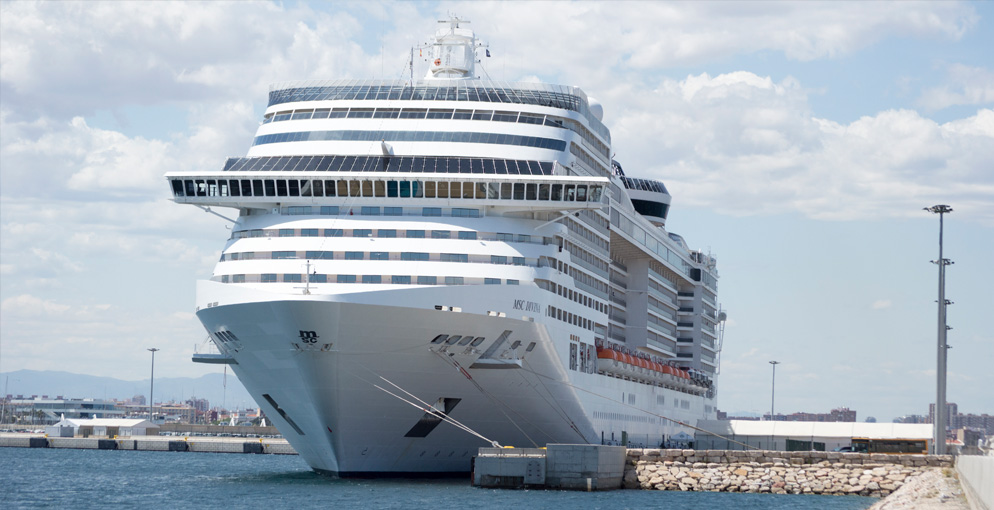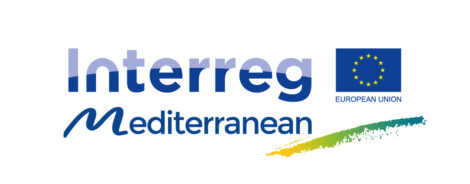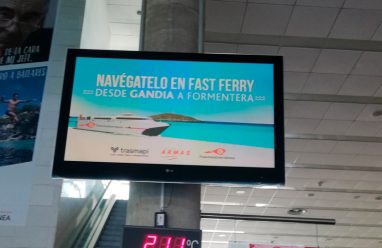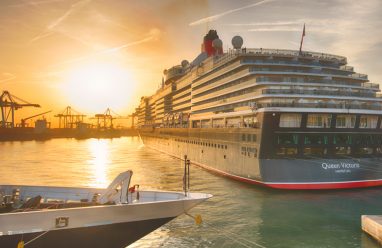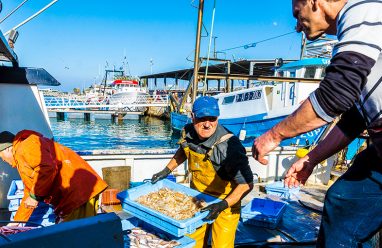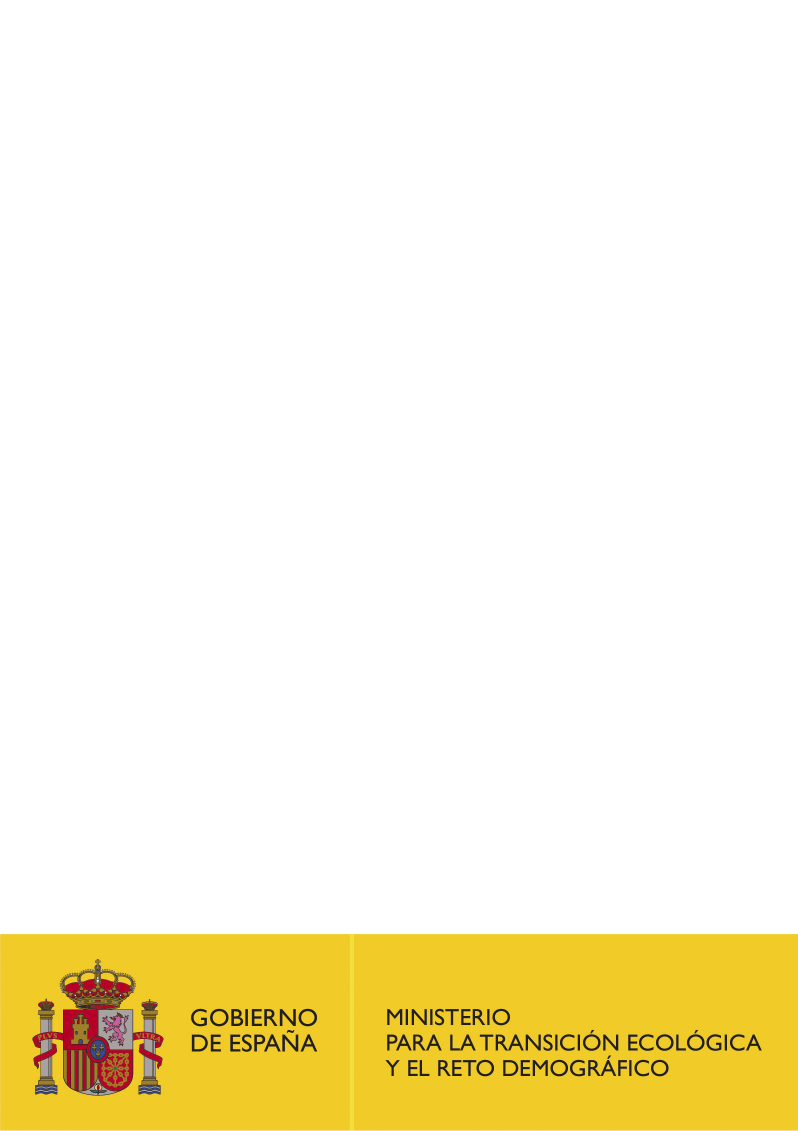With a total economic impact of 40.2 billion euros, 5.85 million passengers and 16.6 billion euros in direct spending (CLIA, 2015), the cruise industry plays a key role in social and economic development in Europe, and especially in the Mediterranean, amidst strong socio-economic pressures. As cruise tourism grows, the shared territorial challenge is to fully exploit its potential to produce balanced and sustainable benefits (social, cultural and environmental). The main challenges can be summarized as follows:
- Tackle the negative impact of cruise tourism
- Conserve the natural and cultural heritage of the Mediterranean and increase its tourist value
- Reduce demand seasonality and alleviate its impact on the infrastructure
- Minimize the use of resources and waste production
- Maintain and improve the prosperity and the quality of life of the host community
- Use tourism effectively and efficiently as a tool for global sustainable development
There are three obstacles to taking on all of the above. First, as acknowledged by the European Commission in its coastal and maritime tourism strategy, data and expertise are currently fragmented between the main stakeholders, regions and political decision-makers. Second, the coastal regions are still struggling to create and take full advantage of the benefits generated by cruise tourism, largely due to the lack of exploitation of synergies of the value chain between the stakeholders. Third, there is limited coordination of strategies and policies at an (inter) regional and transnational level.
In this context, the aim of the SIROCCO project is to help overcome the negative impacts of cruise tourism, conserving the natural and cultural heritage of the Mediterranean; to reduce demand seasonality; to address its impacts on infrastructure and to minimize the use of resources and waste production.
SIROCCO will help to overcome the issues mentioned above by:
1) integrating relevant data and expertise and improving decision-making capacity in order to enable better planning and management;
2) providing solutions to improve the creation and capture of cruise tourism value, while reducing its negative impact, and
3) improving the development of policies and the coordination of strategies between territories and stakeholders at an interregional and transnational level.
As a result, SIROCCO will provide:
- An integrated perspective of the current state of cruise tourism in the Mediterranean, as well as its impact (environmental, economic and social) at a macro (Mediterranean), meso (regional / national) and micro (value chain) level.
- A forecast of Mediterranean cruise tourism for the coming decades
- Evidence-based, transferable recommendations, verified by the interested parties, to develop sustainable and responsible CVCs (Cruise Value Chains) in the Mediterranean
- A proposal for coordinated inter-regional and transnational strategies and policies for the development of a sustainable and responsible cruise tourism.

